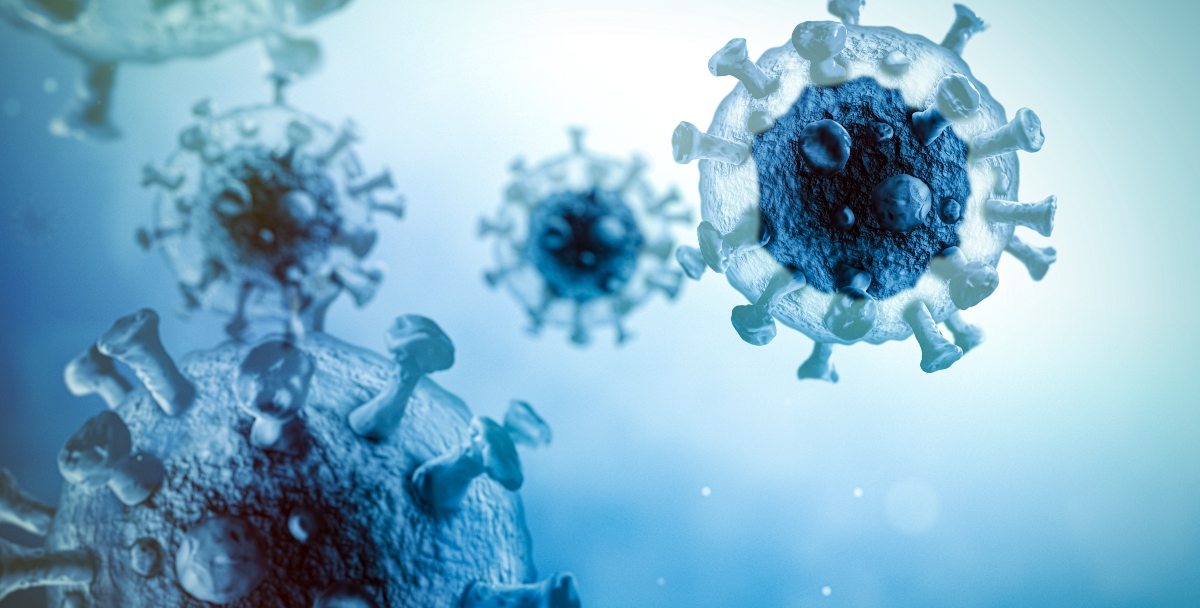Omicron: Here is all to know about the new COVID-19 variant
In the latter part of November, a new coronavirus or COVID-19 variant identified as Omicron was identified by scientists at Gauteng province in South Africa.
PAY ATTENTION: Read the hottest World Cup news, gossip, analytics and predictions
New reports indicate that the new variant, which happens to be the fifth was dentified on November 24, 2021.
The first known confirmed variant of Omicron infection was from a specimen collected on November 9 2021.

Source: Getty Images
The Omicron variant has been linked to a very rapid rise in cases in the Gauteng province in the past weeks by South Africa’s health ministry.
Scientists are, however, unclear where the variant first emerged as it is suspected to have come from multiple countries which are currently unknown.
PAY ATTENTION: Enjoy reading our stories? Join YEN.com.gh's Telegram channel for more!
YEN.com.gh has however done a little research on what needs to be known about the new COVID-19 variant.
How is the new variant transmitted?
As compared to the other four variants, it is unclear if the Omicron variant is more transmissible.
The WHO said the number of people testing positive has risen in areas of South Africa affected by this variant,
It is important to note that just like the other variants it could spread from person to person through cough, talking, or spitting.
What are the symptoms?
In a report filed by euronews.next, said a doctor in South Africa, who was one of the first to suspect the different coronavirus strain, Dr. Angelique Coetzee, said the symptoms of the Omicron variant are mild and could be treated at home.
Dr. Coetzee said fatigue has been identified as one of the symptoms.
Other symptoms are mild headache, body aches, and a scratchy throat.
She said unlike the Delta variant, patients have so far not reported a loss of taste or smell.
Dr. Coetzee, a private practitioner and chair of the South African Medical Association added that there was also no major drop in oxygen levels
How effective are vaccines?
According to the WHO, it is working with technical partners to understand the potential impact of this variant on existing countermeasures, including vaccines.
The WHO said vaccines remain critical to reducing severe disease and death, including against the dominant circulating variant, Delta.
Current vaccines remain effective against severe disease and death.
Meanwhile, a report earlier carried by YEN.com.gh the Ghana Health Service (GHS) stated that the new coronavirus variant will not affect those who have already taken the COVID-19 vaccine.
The GHS said those groups of people should not be scared of being attacked by the new variant of COVID-19.
How effective are current tests?
According to the WHO report, the widely used PCR tests continue to detect infection, including infection with Omicron.
It stated that studies are ongoing to determine whether there is any impact on other types of tests, including rapid antigen detection tests.
How effective are the current treatments?
The WHO revealed that Corticosteroids and IL6 Receptor Blockers will still be effective for managing patients with severe COVID-19.
Other treatments will be assessed to see if they are still as effective given the changes to parts of the virus in the Omicron variant.
34 cases of new COVID-19 variant detected from returning travellers
Meanwhile, in Ghana, thirty-four cases of the new Omicron coronavirus variant have been detected from returning travelers at the Kotoka International Airport.
The Noguchi Memorial Institute for Medical Research said it announced the detection of 34 cases from some 120 samples of returning travelers to the country.
In a report filed by Graphic.com.gh per a Tweet from Noguchi, they were detected from samples collected between November 21-25.
New feature: Сheck out news that is picked for YOU ➡️ find “Recommended for you” block on the home page and enjoy!
Source: YEN.com.gh



